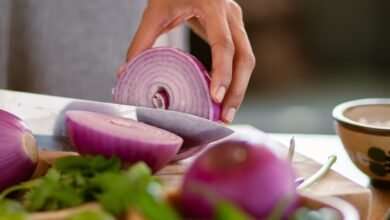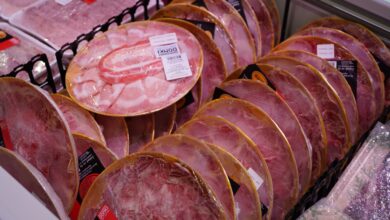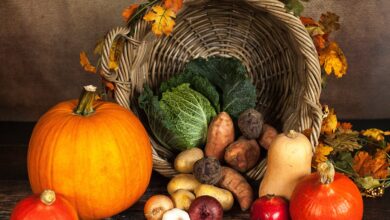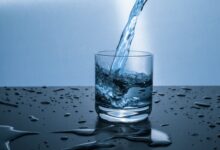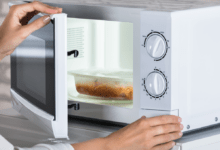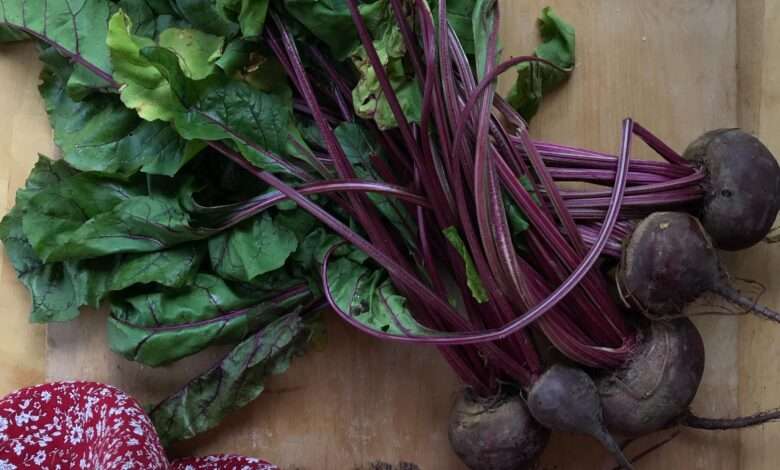
Thanks to its pretty bright red color, the beet is recognizable among a thousand. If its earthy taste is not always unanimous, beets are increasingly used in cooking by gourmets. Excellent news when we know that its content of essential nutrients is a real asset for our daily health.
Characteristic of beetroot
- Excellent source of antioxidants;
- Rare betalain content;
- Promotes eye health;
- Contributes to the health of the cardiovascular system;
- Rich in essential micronutrients.
Nutritional and caloric values of beets
For 100 g of raw beets:
| Nutrients | Average content |
| Calories | 42.8 |
| Proteins | 1,44 g |
| Carbohydrates | 7,13 g |
| Lipids | 0,4 g |
| Dietary fiber | 2,5 g |
| Glycemic load : Low | |
| Antioxidant power : High |
Focus on the micronutrients contained in beets
For a long time, beetroot was accused of being too high in sugars to be considered a health food. However, in addition to a quite reasonable carbohydrate content, it benefits from a complete and interesting nutritional profile. Among the micronutrients contained in the flesh of the beet, we can mention the following:
- Vitamin A : boiled beet leaf is an excellent source of vitamin A. Raw beet leaf is a good source of vitamin A for women and a good source for men;
- Vitamin K : beet leaf is an excellent source of vitamin K;
- Vitamin B2 (riboflavin) : boiled beet leaf is a good source of vitamin B2, while raw beet leaf is a source;
- Vitamin B9 (folate) : beets are a good source of vitamin B9;
- Copper : boiled beet leaf is a good source of copper, while raw beet leaf and beet leaf are sources;
- Iron : boiled beet leaf is a good source of iron for men and a source for women. Raw beet leaf is a source of iron. Beets are a source of iron for humans only;
- Magnesium : Boiled beetroot leaf is a good source of magnesium for women and a source for men. Boiled beetroot and raw beetroot leaf are sources of magnesium. Raw beets are a source of magnesium for women only;
- Manganese : Boiled beet leaf is a good source of manganese. Boiled beetroot is a good source of manganese for women and a source for men. Raw beetroot and its raw leaf are sources;
- Vitamin B1 (thiamin) : boiled beet leaf is a source of vitamin B1;
- Vitamin B5 (pantothenic acid) : boiled beet leaf is a source of vitamin B5;
- Vitamin B6 (pyridoxine) : boiled beet leaf is a source of vitamin B6;
- Vitamin C : beet leaf is a source of vitamin C;
- Vitamin E : beet leaf is a source of vitamin E;
- Calcium : boiled beet leaf is a source of calcium;
- Potassium : Boiled beets and beet leaves are sources of potassium.

